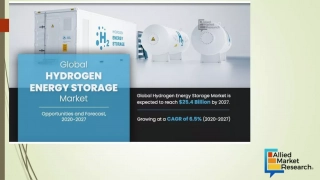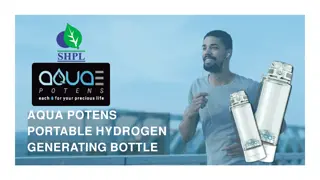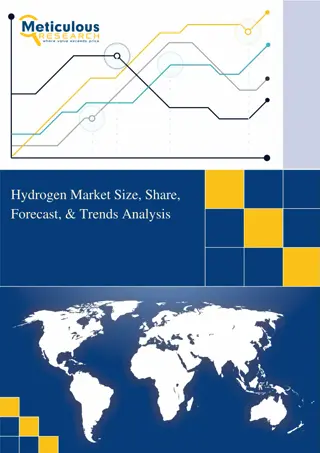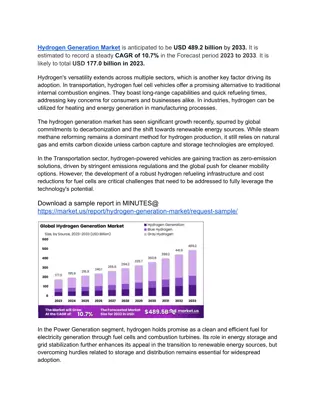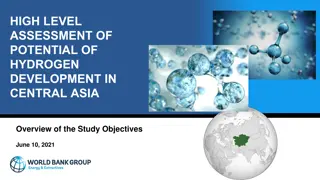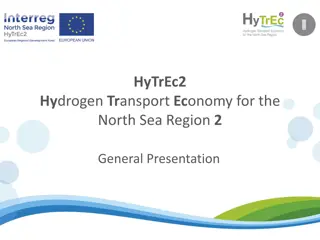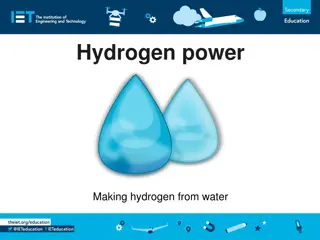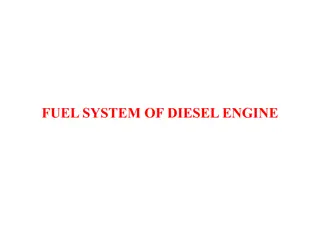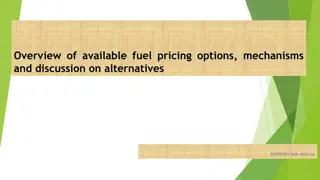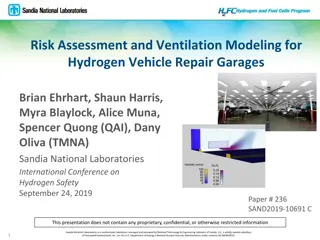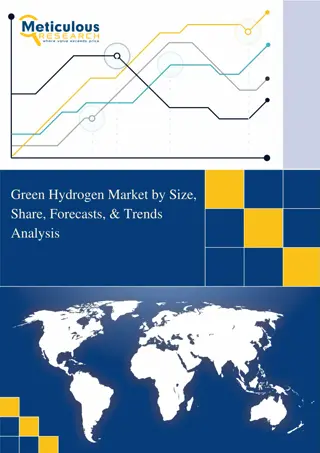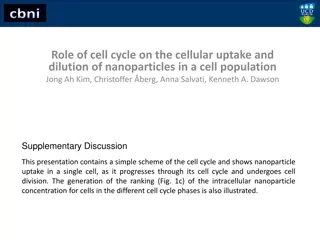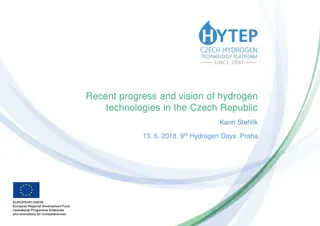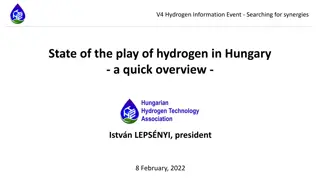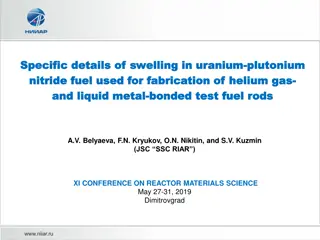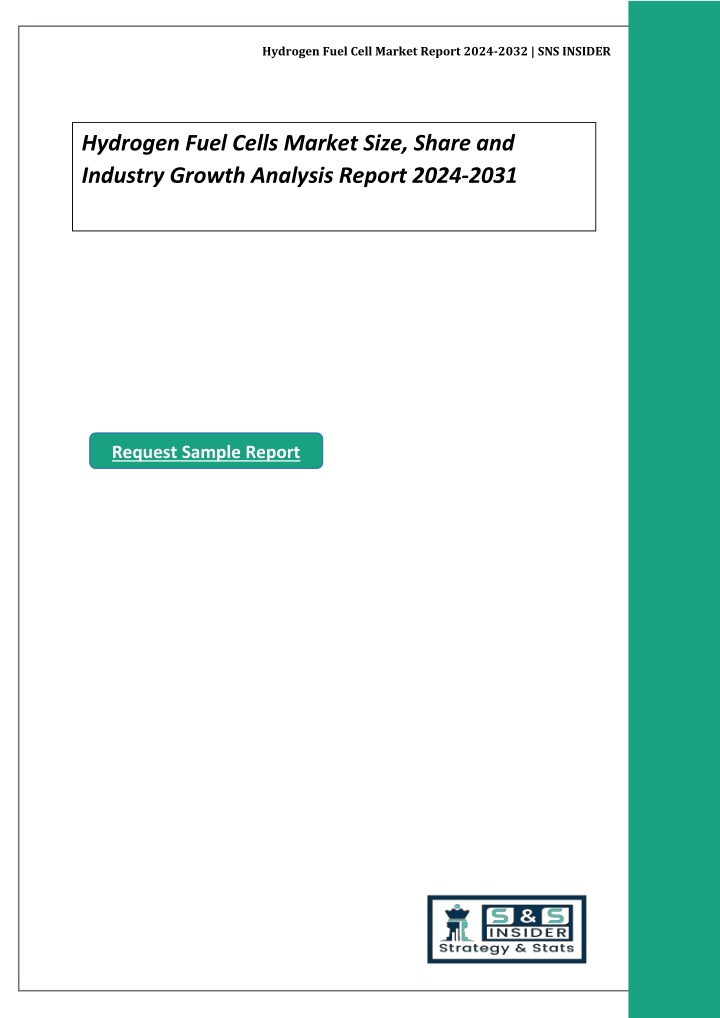
Hydrogen Fuel Cell Market
nHydrogen Fuel Cells Market Size, Share & Segmentation By Product Type (Liquid-Cooled Type and Air-Cooled Type), By Technology Type (Polymer Exchange Membrane Fuel Cells (PEMFC), Phosphoric Acid Fuel Cells (PAFC), Solid Oxide Fuel Cells (SOFC), Dire
Download Presentation

Please find below an Image/Link to download the presentation.
The content on the website is provided AS IS for your information and personal use only. It may not be sold, licensed, or shared on other websites without obtaining consent from the author. If you encounter any issues during the download, it is possible that the publisher has removed the file from their server.
You are allowed to download the files provided on this website for personal or commercial use, subject to the condition that they are used lawfully. All files are the property of their respective owners.
The content on the website is provided AS IS for your information and personal use only. It may not be sold, licensed, or shared on other websites without obtaining consent from the author.
E N D
Presentation Transcript
Hydrogen Fuel Cell Market Report 2024-2032 | SNS INSIDER Hydrogen Fuel Cells Market Size, Share and Industry Growth Analysis Report 2024-2031 Request Sample Report
Hydrogen Fuel Cell Market Report 2024-2032 | SNS INSIDER 1. Hydrogen Fuel Cell Market Report Scope & Overview Hydrogen fuel cells are highly efficient and versatile energy sources that can be used in various sectors. They offer significant advantages, such as lower environmental impact, high energy efficiency, and the ability to provide continuous power. This has led to increasing adoption, particularly in the automotive and power generation sectors. Fuel cells are also used in backup power systems, forklifts, aerospace, marine, and military applications. Governments and industries worldwide are investing heavily in hydrogen fuel cell technology as part of broader efforts to achieve net-zero carbon emissions. The global push toward green hydrogen, produced from renewable energy sources like wind and solar, further enhances the appeal of hydrogen fuel cells. Green hydrogen, when used in fuel cells, can contribute to the complete elimination of carbon emissions, making it a key solution in the fight against climate change. Request Sample Report
Hydrogen Fuel Cell Market Report 2024-2032 | SNS INSIDER 2. Hydrogen Fuel Cell Growth Drivers Decarbonization and Emission Reduction Goals: Governments worldwide are adopting stringent regulations to reduce greenhouse gas emissions, driving the demand for hydrogen fuel cells as a clean energy alternative. Growth of Hydrogen-Powered Transportation: The increasing adoption of fuel cell electric vehicles (FCEVs) in both passenger and commercial fleets is one of the major growth drivers for hydrogen fuel cells. Technological Advancements: Continuous improvements in fuel cell efficiency, durability, and cost reduction are enhancing the viability of hydrogen fuel cells for broader applications. Energy Storage and Grid Stability: Hydrogen fuel cells can play a key role in energy storage systems, particularly for renewable energy integration, providing grid stability and backup power. Enquiry About Report Hydrogen Fuel Cell Market Segmentation Listed Below: By Type: Proton Exchange Membrane Fuel Cells (PEMFCs): The most commonly used fuel cell type, PEMFCs are known for their high efficiency and are used in transportation, portable power systems, and stationary applications. They operate at relatively low temperatures and are favored for their fast start-up times and scalability. Solid Oxide Fuel Cells (SOFCs): These operate at higher temperatures and are mainly used for stationary power generation. SOFCs are efficient and can run on various fuels, including hydrogen, natural gas, and biogas, making them flexible for different applications. Molten Carbonate Fuel Cells (MCFCs): Used in larger stationary power generation applications, MCFCs operate at high temperatures and are efficient in generating electricity from hydrogen and other fuels.
Hydrogen Fuel Cell Market Report 2024-2032 | SNS INSIDER Phosphoric Acid Fuel Cells (PAFCs): These are used in stationary power generation, particularly in commercial and industrial applications, due to their durability and ability to operate on natural gas. By Application: Transportation: Hydrogen fuel cells are increasingly used in electric vehicles (FCEVs), including passenger cars, buses, trucks, trains, and even ships. The automotive sector is one of the largest growth drivers of hydrogen fuel cells due to the need for zero-emission solutions. Stationary Power Generation: Fuel cells are used in backup power systems, microgrids, and distributed power generation. They provide reliable, on-site electricity for commercial buildings, hospitals, data centers, and industrial facilities. Portable Power: Hydrogen fuel cells are also used in portable power systems for remote locations, military operations, and mobile applications, offering a reliable and clean alternative to batteries. Others: Fuel cells have niche applications in sectors like aerospace, defense, and marine, where lightweight and efficient power sources are required. By End-User: Automotive: The transportation sector, particularly electric vehicles, represents one of the largest segments for hydrogen fuel cells. Power Generation: Both utility-scale and distributed energy generation applications are key end-users of hydrogen fuel cells. Industrial: Industries requiring reliable, off-grid power solutions, such as manufacturing, oil and gas, and data centers, are increasingly adopting hydrogen fuel cells. Others: Niche sectors like aerospace, defense, and maritime transport are also emerging as key markets for hydrogen fuel cell adoption. 3. Opportunities & Challenges Hydrogen Fuel Cell Market
Hydrogen Fuel Cell Market Report 2024-2032 | SNS INSIDER High Initial Costs: The cost of producing, storing, and transporting hydrogen, along with the capital expenditure required for hydrogen fuel cell infrastructure, remains a challenge. Hydrogen Infrastructure Development: The limited availability of hydrogen fueling stations and hydrogen production facilities hinders the widespread adoption of fuel cell vehicles and stationary power systems. Competition from Battery Technologies: While hydrogen fuel cells offer significant advantages in certain applications, they face competition from battery-electric technologies, particularly in passenger vehicles and small-scale energy storage.
Hydrogen Fuel Cell Market Report 2024-2032 | SNS INSIDER 4. Regional Overview North America: North America, especially the U.S., is one of the leading regions for hydrogen fuel cell development. Government support through incentives, grants, and policies aimed at reducing emissions has fueled the growth of this market. California is a key market for hydrogen fuel cells, particularly in transportation, with the state investing in hydrogen fueling infrastructure to support the growing fleet of fuel cell vehicles. Canada is also making significant strides in hydrogen fuel cell technology, with a focus on green hydrogen production and export opportunities. Europe: Europe is a frontrunner in the adoption of hydrogen fuel cells, driven by stringent emissions regulations and ambitious decarbonization goals. Countries like Germany, France, and the UK are heavily investing in hydrogen fuel cell technologies for transportation, power generation, and industrial applications. The European Union s hydrogen strategy aims to build a robust hydrogen economy, with substantial funding for hydrogen infrastructure and the development of fuel cell technologies. Asia-Pacific: The Asia-Pacific region, led by Japan, South Korea, and China, is at the forefront of hydrogen fuel cell adoption, particularly in the automotive and industrial sectors. Japan is a global leader in hydrogen technology, with a strong focus on fuel cell vehicles and hydrogen infrastructure in preparation for a hydrogen- powered economy. South Korea is also advancing rapidly, with large-scale investments in hydrogen fuel cells for both transportation and stationary power. China is emerging as a major player in the market, driven by its massive electric vehicle market and government support for hydrogen as part of its energy transition strategy. 4. Key Players Included Are: The major players are FuelCell Energy Inc., Ballard Power Systems, Hydrogenics Corporation, SFC Energy AG, Nedstack Fuel Cell Technology B.V., Bloom Energy, Doosan Fuel Cell America, Inc., Ceres Power Holdings PLC, Plug Power, Inc.,
Hydrogen Fuel Cell Market Report 2024-2032 | SNS INSIDER ABOUT US SNS Insider is a market research company that delivers evidence-based strategies for clients seeking growth. Headquartered in India, we've developed to serve our clients as they seek new growth possibilities throughout the world. We have the worldwide reach of a large research firm, but the agility and individualized attention of a small boutique. We're flexible and collaborative, with real ties between our operations. What's the result? Wherever you are in the world, you'll have access to our global network of sector and methodology experts, as well as the deep cultural awareness required to ensure your project's success. We offer our clients an integrated data and research solution drawing on the company s three core competencies: 1. Syndicate 2. Custom 3. Consulting We manage the full research process from primary data collecting to final report with our in-house staff of Field Interviewers. Our researchers and analysts work
Hydrogen Fuel Cell Market Report 2024-2032 | SNS INSIDER together to analyse all study data and findings. On our custom-built data platform, SNS has established a proprietary market size model for every business sector. Our consultants also help clients evaluate and apply research findings and recommendations in their own companies.

